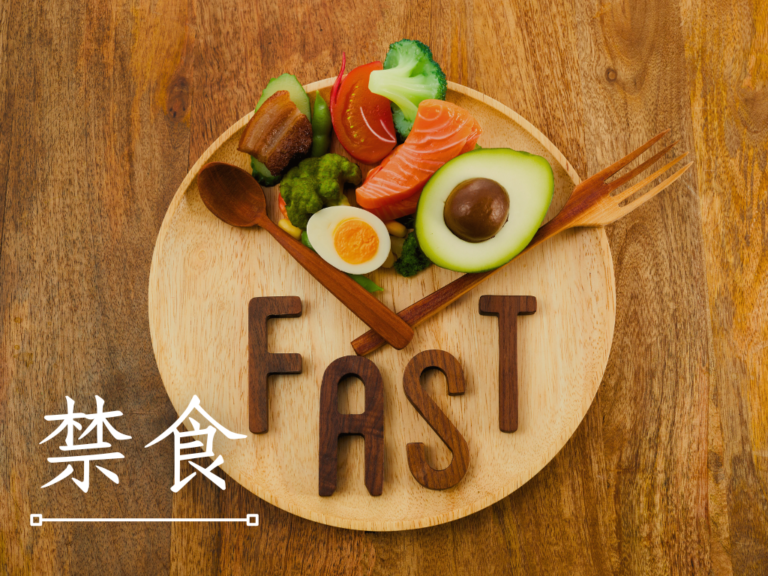Your basket is currently empty!
"Bring on the ginger if you dare! Stop talking so much." I believe many Hong Kong people are familiar with this line, which comes from Stephen Chow's movie "Flirting Scholar" where the character Tang Bohu and Madame Wah exchange words. In this context, "ginger" indeed refers to the ingredient ginger, implying having enough courage.

Ginger, a plant belonging to the Zingiberaceae family, is native to Southeast Asia and was originally cultivated by Austronesian peoples. It bears yellow-green flowers and spicy rhizomes.
The root of ginger has a spicy taste and is an essential seasoning in many cuisines worldwide, commonly used sliced, shredded, or ground into a paste.
In Asian cooking, it is often used to remove fishy odors or as a spice, typically paired with scallions and garlic. In Western cuisine, it is frequently used in sweet dishes like gingerbread or ginger snaps. Ginger is also popular in beverages such as ginger tea, ginger milk tea etc.

Usage
Known for its spiciness, ginger is actually warm in nature, suitable not only for winter but also for dampness in spring. According to Traditional Chinese Medicine theory, fresh ginger has a warm and spicy nature, attributed to the spleen, lungs, and stomach meridians, aiding in gastrointestinal functions, dispelling body cold, promoting peripheral blood circulation, and enhancing metabolism. Ginger is also believed to have the effect of warming the meridians and dispelling cold. For women with cold-type menstrual pain, drinking ginger tea can help alleviate cramps. So why does it have these effects?
- Digestive Aid:Ginger contains gingerol and aromatic oils that help promote digestion, alleviate gastrointestinal discomfort, and improve digestion.
- Anti-inflammatory:Gingerol in ginger is believed to have anti-inflammatory properties, helping to reduce pain and inflammation, especially beneficial for diseases like arthritis.
- Boost Immune System: Ginger contains antioxidant compounds that boost the immune system, aiding in fighting colds and other illnesses.

Ginger tea can warm the uterus, promote blood circulation, and relieve pain, with recommended options being black sugar ginger jujube tea and black sugar lemon ginger.
Ginger has the effects of warming the body, dispersing cold, nourishing blood, improving blood circulation, promoting blood circulation, and relieving blood stasis, helping to reduce the risk of cardiovascular diseases and strokes. Additionally, ginger can reduce inflammation and alleviate discomfort caused by bloating. When consumed with red dates and brown sugar, it has the effects of invigorating the middle-Jiao, benefiting Qi, nourishing blood, calming the mind, and warming the uterus, effectively improving symptoms of cold hands and feet, and can be used to treat early-stage wind-cold colds.
However, individual conditions vary, so it is advisable to consult a physician before consumption.
Reference:https://www.uho.com.tw/article-64945.html







